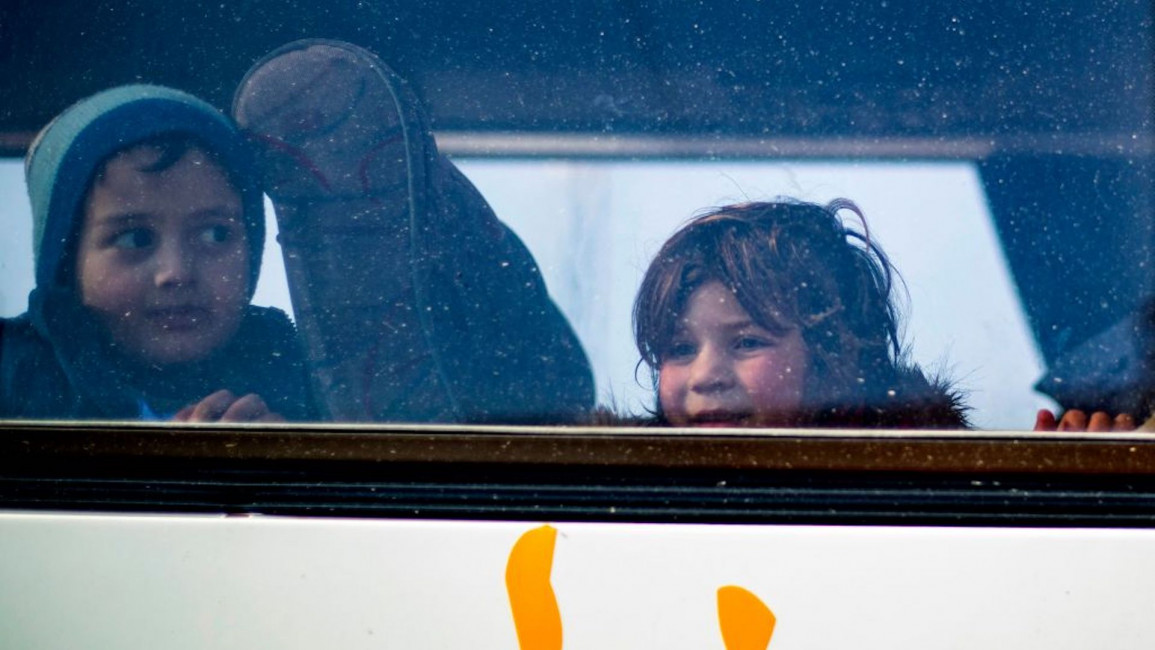Follow us on Facebook, Twitter and Instagram to stay connected
27 Russian children evacuated from Syria's infamous Al-Hol camp
A plane transporting the children landed early on Friday at the Chkalovsky airport near Moscow, TASS cited the press office of Russian children's rights commissioner Anna Kuznetsova as saying.
Kuznetsova told reporters the children – aged between two and 13 – will be sent to their relatives in five Russian regions, after spending some time in quarantine.
"After a medical examination and quarantine, they will be handed over to close relatives. 17 children will go to Dagestan, four - to Penza region, and two to each of the following regions - Tyumen Region, Volgograd Region and also Chechnya," she was quoted as saying.
This is the third Russian evacuation of children from war-torn Syria, while another flight is set to bring more of them back to their country from the overcrowded camp, which also hosts family members and supporters of the Islamic State terror group.
"More than 70 children remain there with all documents ready," Kuznetsova said, while another 27 are still awaiting documentation.
Read also: Syria Kurds transfer foreign women, children from overcrowded and 'inhumane' Al-Hol camp
According to Save The Children, some 68,000 people – including Syrians, Iraqis and other foreign nationals – live in Al-Hol camp. Nearly two-thirds, approximately 43,000, are children.
Aid groups on Friday reiterated safety concerns about the displaced people still languishing in the Al-Hol camp, where Kurdish authorities reported the first coronavirus case among residents in late August.



